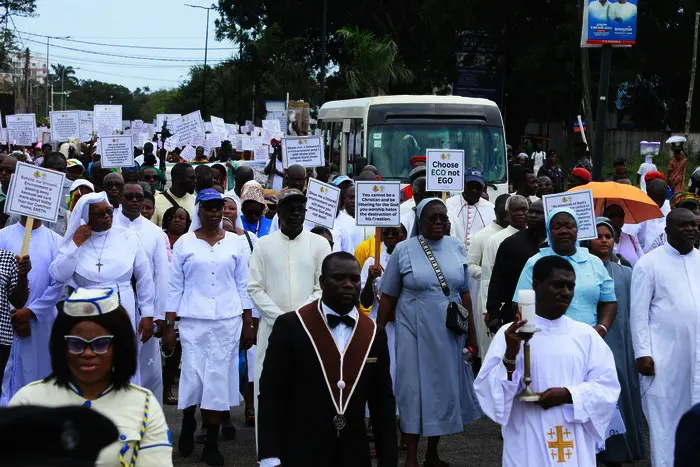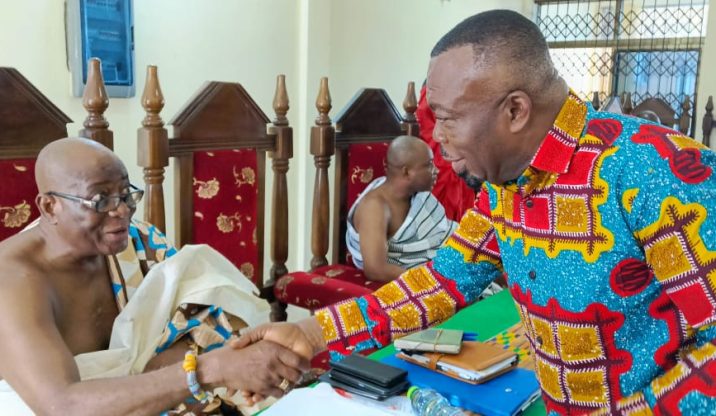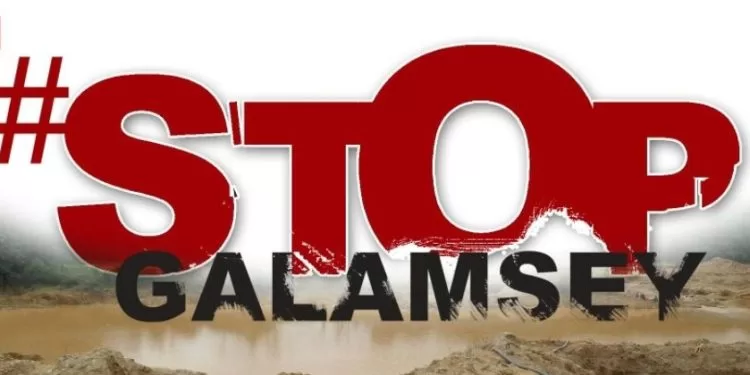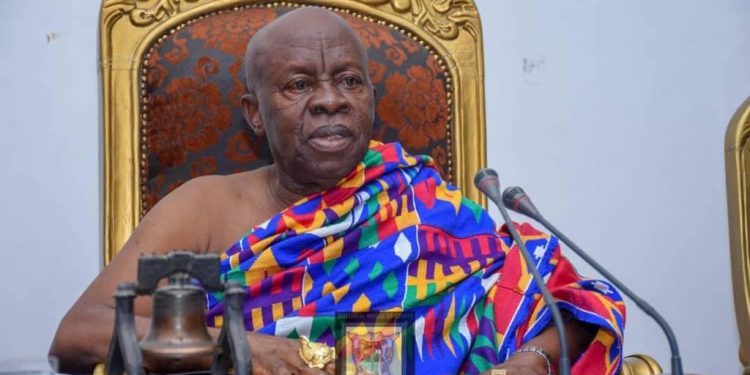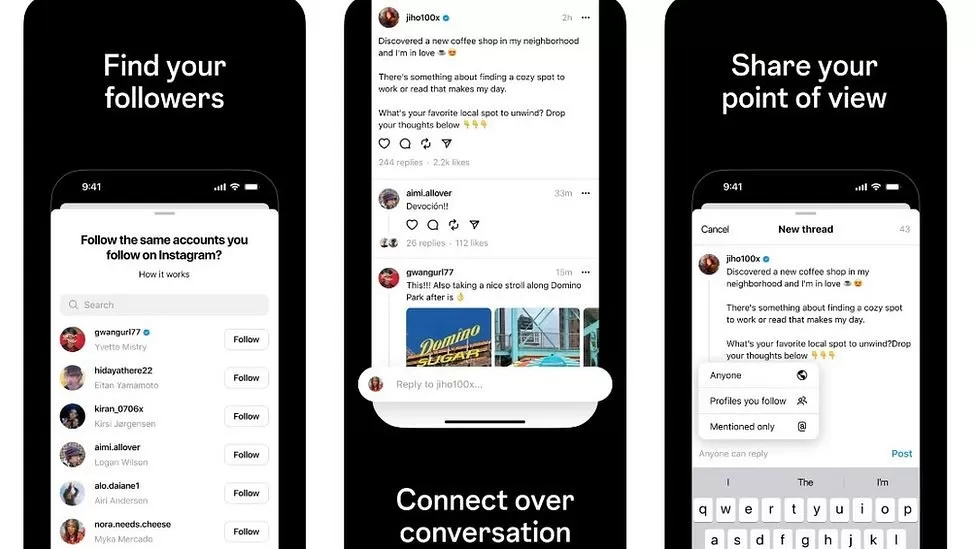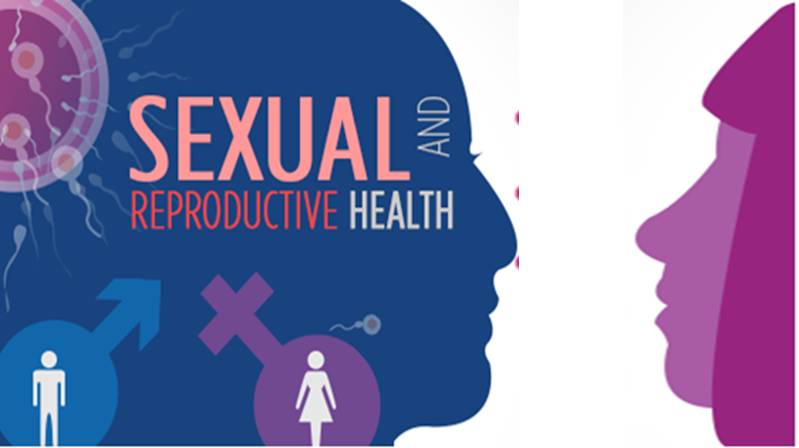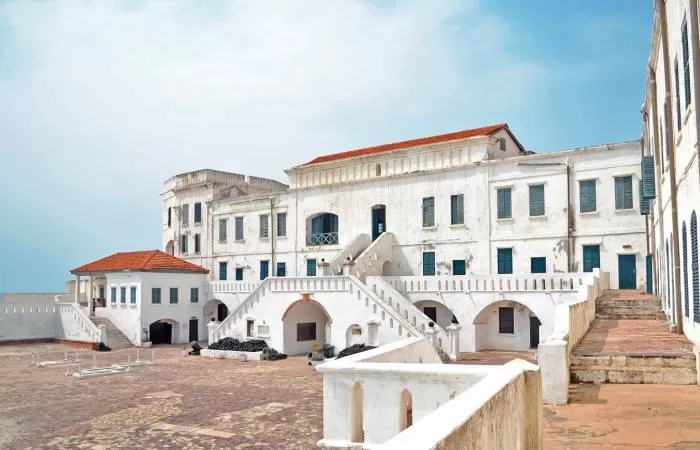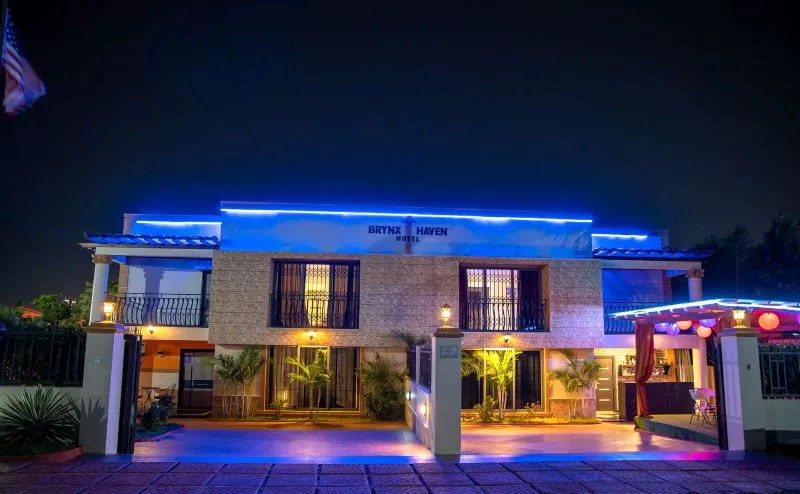Densu Associates, a purpose-driven organization operating across Africa and North America, has thrown spotlights on key milestones achieved under its Social Enterprise Accelerator (SEA) Pilot Program, launched in partnership with the Mastercard Foundation. The initiative which targets social enterprises, led by young women or those focused on improving the lives of women, has emerged as a catalyst for sustainable business growth and community transformation in selected regions in Ghana.
Launched in November 2024, the pilot phase of the SEA Program selected 12 promising social enterprises across the Ashanti, Eastern, Greater Accra, Northern, North East, and Upper East regions. These enterprises received customized support packages, including grant funding, business coaching, mentorship, peer support, and masterclass sessions designed to bolster their capabilities and community impact.
According to Madam Dolores Dickson, Executive Director of Densu Associates, the program’s comprehensive approach has proven both timely and transformative.
“The SEA Program was designed with the belief that young women are key drivers of social change. By providing tailored support, we are equipping them to become resilient, visionary entrepreneurs capable of reshaping their communities,” Madam Dickson said.
To evaluate the program’s progress and inform future scalability, Densu Associates convened a Learning Forum that brought together key stakeholders including social entrepreneurs, Mastercard Foundation representatives, government agencies, donor organizations, academia, and the media at the Ibis Style Hotel in Accra. The forum served as a dynamic platform for reflection, knowledge sharing, and strategic dialogue on scaling the SEA initiative.
Persistent Challenges and Strategic Insights
Findings from the forum revealed critical systemic barriers impeding social enterprise growth in Ghana. A striking 92% of participants cited lack of funding as the most pressing challenge. Additionally, 50% noted difficulties in building effective partnerships, while 42% pointed to legal and regulatory obstacles, such as slow business registration processes and ambiguous tax policies. Other challenges included limited access to technology and socio-cultural norms that disproportionately impact women entrepreneurs.
“These findings make it clear that financial access is just one part of the puzzle,” Madam Dickson noted. “There’s a need for policy reform, inclusive technology solutions, and cultural shifts to truly unlock the potential of social enterprises.”
Despite these challenges, participants overwhelmingly praised the SEA Program’s flexible and responsive model. 91.7% valued the grant funding highly, while 55% highlighted the significance of coaching in refining their leadership and business strategies. Impressively, half of the enterprises developed detailed business and sustainability plans, 24% enhanced their financial management, and 21% improved legal compliance through expert guidance.
Impact on Job Creation and Community Engagement
Madam Dickson noted that the SEA Program’s influence extended beyond business development. The 12 enterprises, she said, collectively created 74 new jobs, and offered 87 internship, volunteer, and training opportunities. Their community advocacy efforts reached over 840 individuals, reinforcing the role of social enterprises as agents of inclusive development.
Notably, participants mobilized a total of GHC 260,062 through grants, investments, and internally generated income, signaling enhanced financial acumen and investor appeal. Moreover, 75% of the entrepreneurs received external recognition, including awards and media coverage, boosting their credibility and stakeholder engagement.
“These achievements reaffirm the SEA Program’s role not just as a business accelerator, but as a social movement,” Madam Dickson stated. “The visibility and credibility our entrepreneurs have gained is vital to expanding their impact.”
Looking Ahead: Scaling Up the Vision
The SEA Learning Forum marked a turning point for reflection and planning, highlighting the potential for the program to evolve into a nationwide platform for social enterprise development.
“With the right partnerships and sustained investment, we can expand the SEA Program to empower even more women and transform the entrepreneurial landscape in Ghana,” Madam Dickson emphasized. “This is just the beginning.”
The success of the SEA Pilot Program illustrates a scalable model for nurturing women-led social enterprises and advancing inclusive economic growth. Densu Associates and its partners are optimistic about the future and are committed to deepening the impact of social entrepreneurship across the region.
Source: Edmond Gyebi
The post Densu Associates, Mastercard Foundation highlight key successes from SEA Pilot Program in Ghana appeared first on Newstitbits.



